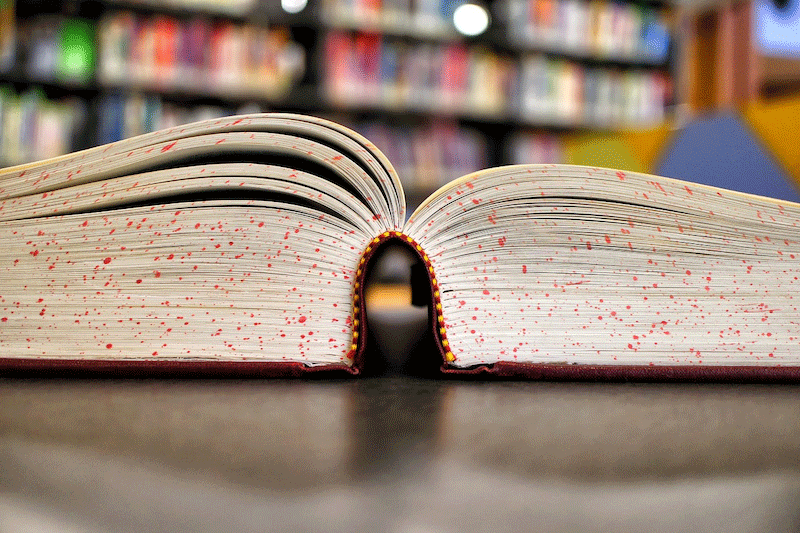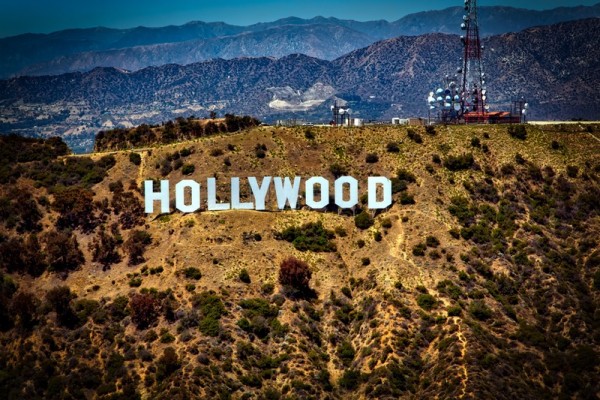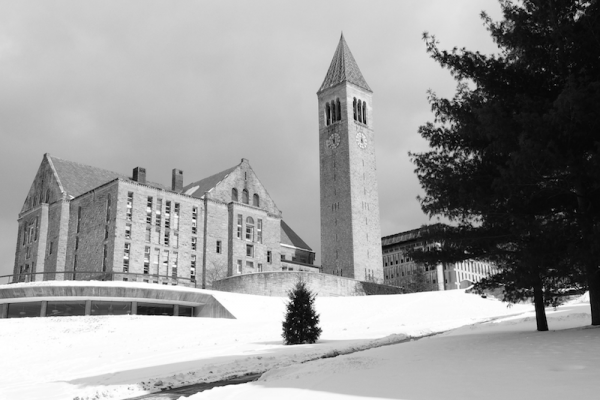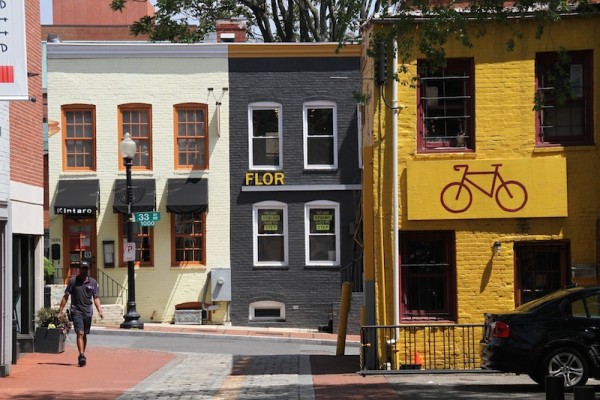I had some time to sit down and interview Jason, a graduate and ex-mascot of Brown University, who shared some information with me on what its like to be a student at Brown. Jason earned a Bachelor of Arts in Engineering in 2004.
Q: A Bachelor of engineering in Arts, you say? Isn’t engineering a Science?
A: “While it is normally true that Engineering falls under the science category, Brown University’s lenient and individualized study program allows for both. A Bachelor of Science requires 20 classes in Engineering, while a Bachelor of Arts requires only 12. I chose to double major in Engineering and International Relations, which has enabled me to move from the US, to New Zealand, and eventually Perth, where I am currently earning my Master of Engineering degree.”
Q: What made Brown University stand out to you when you were deciding on which school to go to?
A: “Before I started my college application process, I went on two one-week trips with my high school to visit about 50 American Universities. Seeing so many schools and being bombarded with so much information, I had to whittle it down to what the people at the school chose to represent and what they had to say to me. The people at some schools were pretentious and snobby; with Cornell you could see the tour was just slapped together, with Amherst, it was like kids out of J. Crew ads, I was like “You guys need to tone it down a bit”. But with Brown, everyone; the admissions officer, tour guide, everyone was just genuinely interested in us and proud of their school. It just felt welcoming.”
Q: What did you like most and least about the Brown University campus? (Physically)
A: “I liked how it was beautiful and historic – it was a nice location, there were stores everywhere, and one main strip; Thayer Street had pretty much everything we needed. I liked how it was spread out, there was one main dorm for freshman – and even that was like its own little town cause there were like 800 of us. Also, I liked that there were a lot of areas on campus to explore. It was small enough that it was all together, but spread out enough to keep finding new things.
The thing I didn’t like was that it was in a town that is not socially or economically the greatest, but Brown is in an elite neighborhood. Providence has this huge hill, where if you were rich, you would live on the top of the hill (where Brown University is located). It was weird how physically separated the social classes were. There was this weird animosity from locals towards Brown University. The way the city was set up, students were kind of discouraged from integrating. There were a few times when locals said, “Why don’t you go back up the hill!” to my friends and me while we were out in the city.
There were a few times even on top of the hill when businesses would kick Brown University students out for no apparent reason. So yeah, Brown University seemed to have bad relations with the local community. Practically no one but students went to games, although Brown’s rowing team and hockey team perform really well. “
Q: What did you like most and least about your professors and the academics at Brown?
A: “Back then I was very unorganized. Professors in Engineering were willing to work with me and help me. A lot of times when I was struggling, or not doing what I was supposed to do, they would be like “What is going on here? You need to get your stuff together.” They were very supportive.
A lot of professors were nerdy-cool, like one of my professors brought in her dissertation to share with the class, and played this monk music as she explained her project to us. She was really into it, and as a result a lot of us got really into it as well. On the whole, I found the professors at Brown to be passionate and articulate, as well as compassionate.
But I think not so much the worst thing, I would say, something that could be done better, was the curriculum. I found my class subject matter to be very theoretical, like in terms of – ‘the ivory towers’. I felt like they could have taught us more practical, applied knowledge.
I also think that is a major difference between schools in the U.S. and schools in Australia. Australian universities seem to be more focused on group work and gaining practical knowledge. However, on the other hand, I find Australians aren’t as motivated to get higher grades, and are more often fine with simply passing a course, rather than excelling in it.”
Q: What were the best and worst things about the administration at Brown?
A: “Well, I got kind of burned out the first year because I studied so hard. So after my first year, I decided to take a break. And do some traveling. Brown has an office of alternative education, where they help guide you into innovative ways of learning about yourself and the world while not technically enrolled. It’s not just about going abroad, but volunteering, welcome back workshops, etc. it’s a weird transition to take time off and go back to school. After traveling during my time off, I decided to do a dual major in international relations, so I think this experience really helped me. So, I found Brown University administration to be supportive in trying to find non-traditional ways of learning.
On the flipside, Brown University suffers with an unnecessary inferiority complex. They make less money than the other Ivies because they put more into undergraduate school, and not as much into research. When I was going there, I could tell the administration felt frustrated by being the social, liberal, hippie Ivy. So in order to counteract that, Brown started to change, and start to think too much in terms of a monetary sense. Since then, Brown University has invested a lot in modernization campaigns, and closing down traditions that they believed tarnished their image. For example, this diner called ‘Louies’ used to be the go-to spot for a bite to eat after long nights of studying. The night before graduation, they would always throw us an all-night party with fries, champagne and beer, as a way of thanking us for all our business. Administration shut that down, because a lot of students were showing up drunk, and that didn’t look good as they were trying to clean up their image.
Also lately, Brown University has been investing a lot in its premed program; where you get into med school right away after freshman year. If your grades are good enough, you are guaranteed med school admission after freshman year. In order to boost Brown’s image, they have been trying to focus more on postgrad, research and sciences.
While I was there, there was a ‘disconnect’ between the administration and the students. The faculty seemed to enjoy the hippie idea that the students had, but you could tell administration was trying to steer that image away.”
Q: Is brown more introverted or extraverted?
A: “The joke was that there are three types of students, the legacy students, who kind of acted like they were better than everyone else; the REALLY nerdy kids who would come to parties once a month, feel out of place, and go straight back to the library afterwards. Then there were the other kids who were like “how did I get in here?”, who were social and extroverted. A healthy mix of all three of these types leaves Brown somewhere in the middle of introverted and extroverted.”
Q: If you could sum up a general vibe of the campus and its students in 3 words, what would they be?
A: “Independent, intelligent and rustic.”






